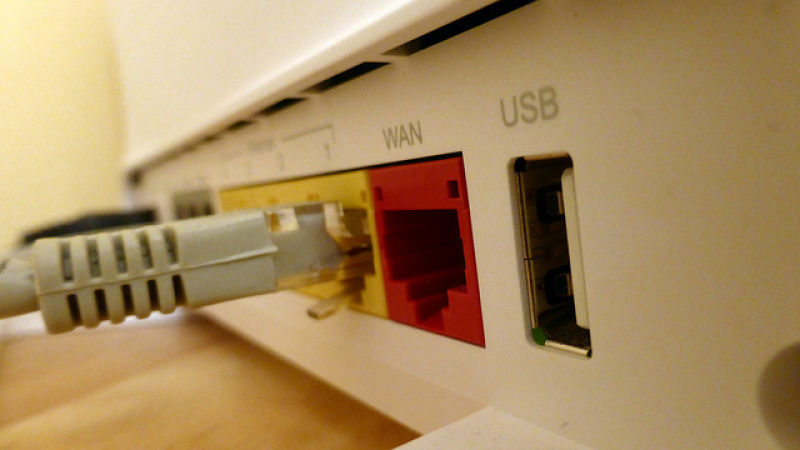

Residents in rural areas may be provided faster Internet because of the new definition of broadband.
The Federal Communications Commission redefined the definition of broadband to increase its minimum speed requirements. On Thursday, the FCC voted in favor of redefining broadband to have a minimum of 25 megabytes per second for download speed and 3 megabytes per second for upload speed.
Previously, the definition of broadband was 4 megabytes per second for download speed and 1 megabyte per second for upload. Though just a redefinition, the FCC's decision reclassifies services provided by major Internet service providers (ISP). Currently, most Americans have access to speeds of 25 megabytes per second, but there is still a significant population that is limited by infrastructure.
"When 80 percent of Americans can access 25-3, that's a standard. We have a problem that 20 percent can't. We have a responsibility to that 20 percent," said FCC Commissioner Tom Wheeler.
Though the new definition may not yield immediate improvements to Internet speeds across the United States, it does place pressure on ISPs to increase their speeds in order to provide speeds worthy of the name broadband. Companies such as Verizon and AT&T are upset over the new definition. The two companies supply about one fourth of their millions of customers with DSL Internet, which is currently incapable of meeting the new definition of broadband speeds. DSL uses telephone lines to supply users with Internet connection; AT&T's fastest DSL connection is 6 megabytes per second and Verizon's is 15.
Further, the National Cable and Telecommunications Association (NCTA) expressed their disapproval of the FCC's move. The NCTA claimed that the new speeds set by the FCC are unnecessary. The average broadband user, says NCTA, does not need speeds of that caliber.
"We are troubled that the Commission majority has arbitrarily chosen a definition of broadband in its Section 706 report that ignores how millions of consumers currently access the Internet. Instead of an accurate assessment of America's broadband marketplace and the needs and uses of consumers, the FCC action is industrial policy that is not faithful to Congress's direction in Section 706 to assess the market, but a clear effort to justify and expand the bounds of the FCC's own authority," said the NCTA in a statement.
The FCC's decision is a step towards providing faster Internet for all the United States. Though many areas in the United States have access to broadband Internet, the new definition will pressure ISPs to improve Internet infrastructure for rural areas.
Next month, the FCC will again vote on an important issue regarding Internet usage for the country. Net neutrality, a topic that is heavily supported by President Obama, will be discussed in February. Gizmodo reports that the FCC will vote on February 26.


















